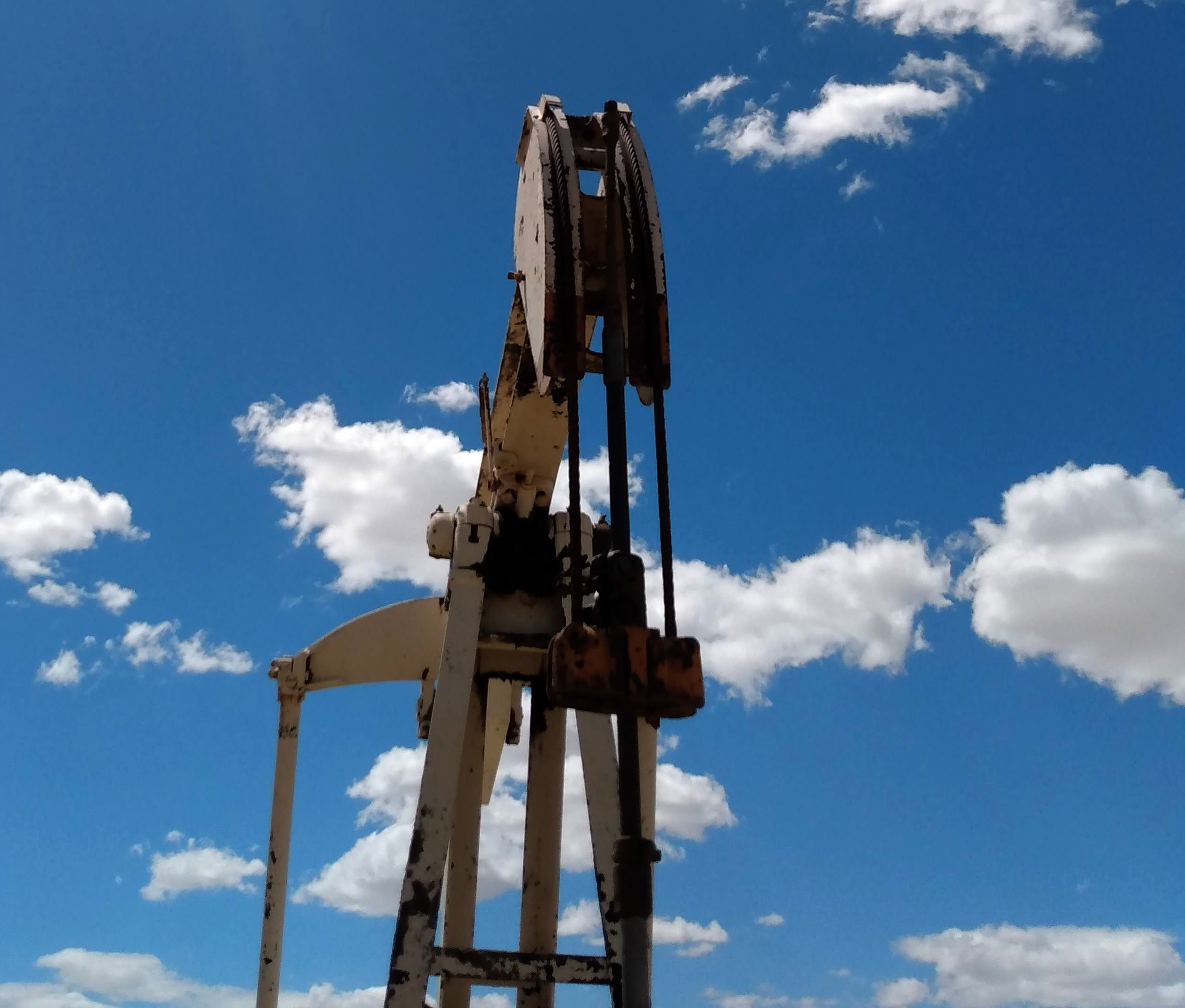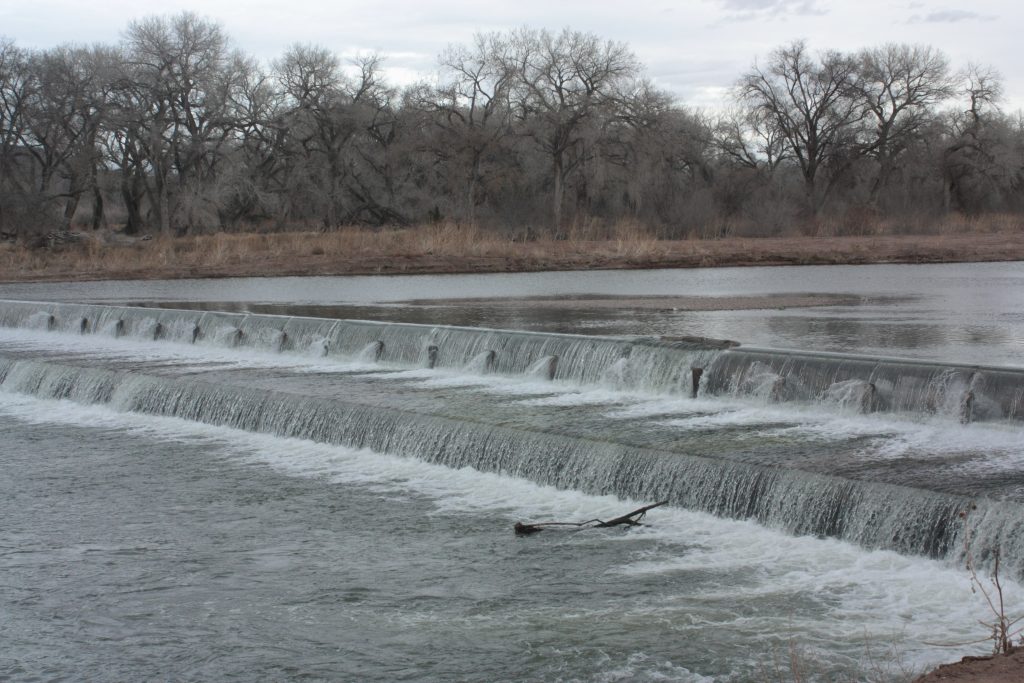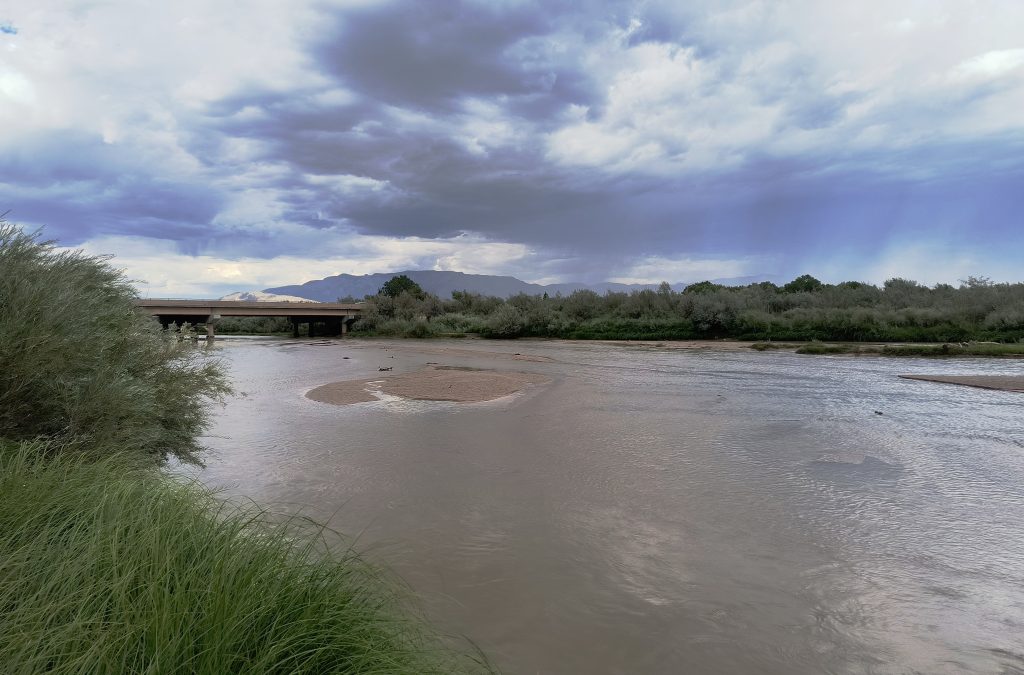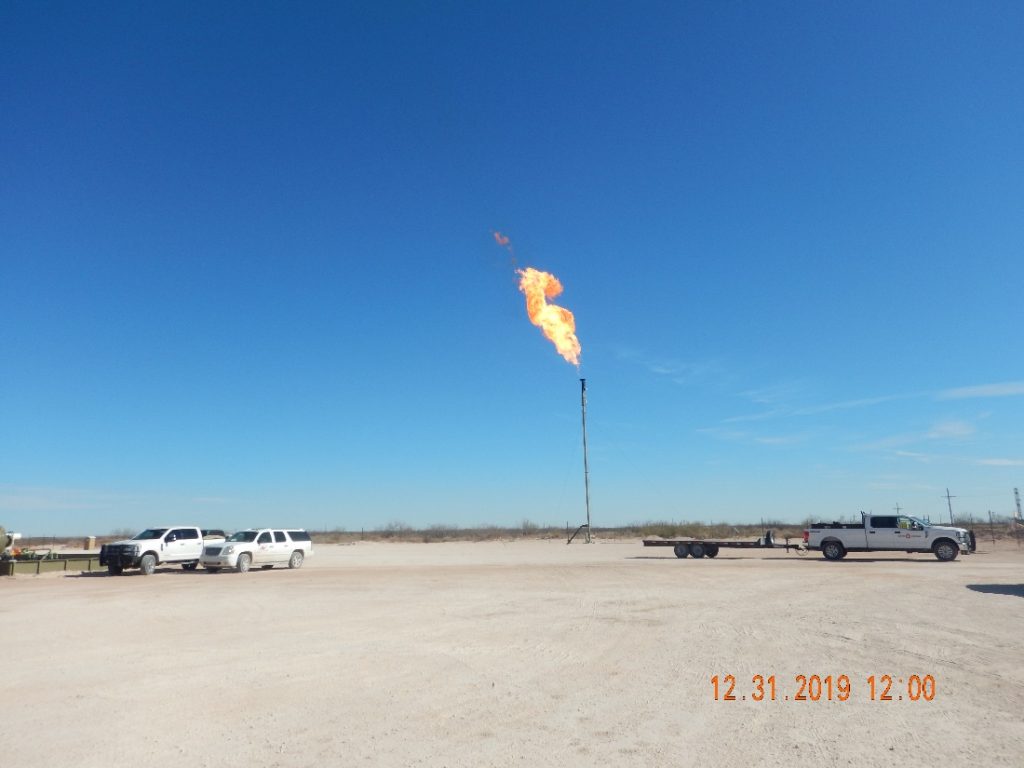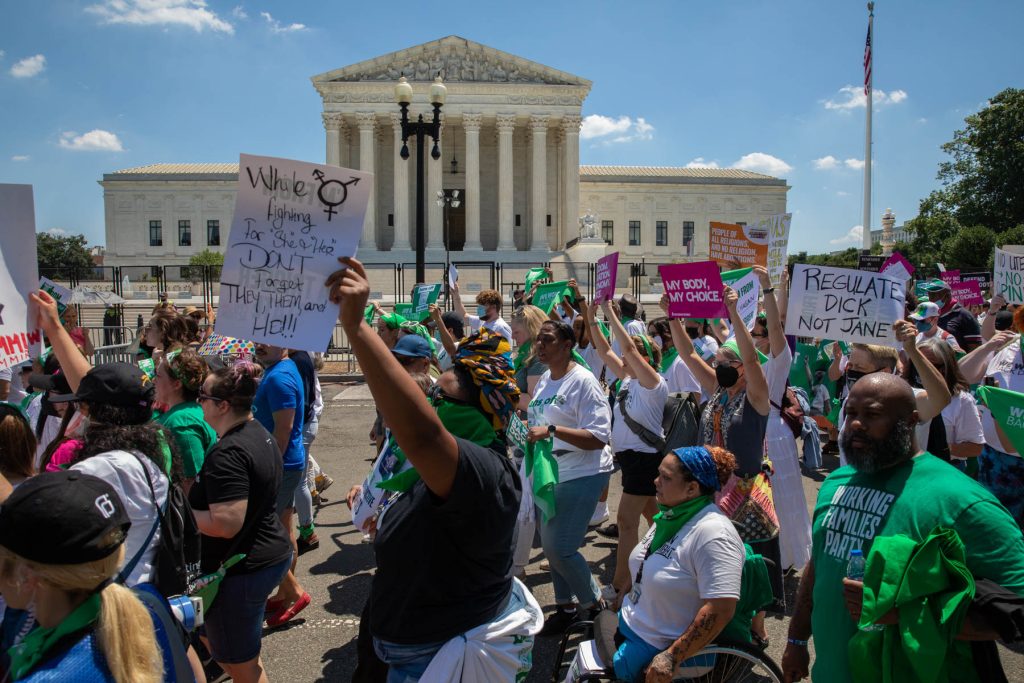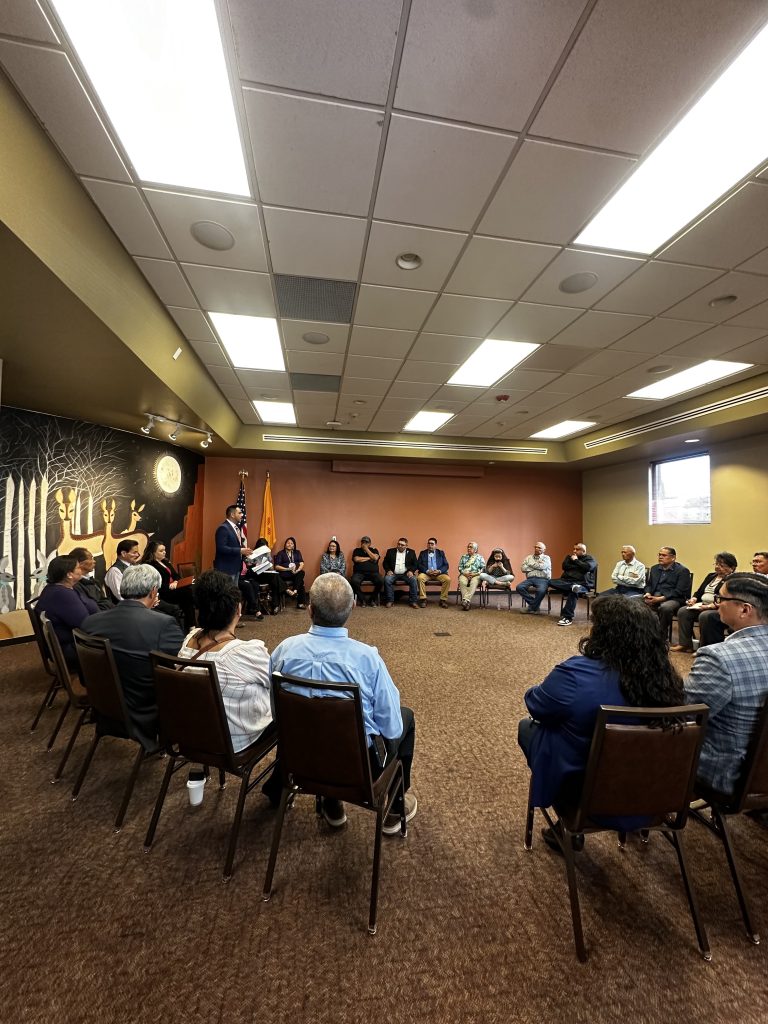Environmental advocates say a moratorium on future oil and gas leasing on state lands within a mile of schools is a good first step in protecting children’s health, but more needs to be done to ensure the industry that largely funds the state’s education system doesn’t also poison the students.
State Land Commissioner Stephanie Garcia Richard issued the moratorium in May. She said various studies about the impacts of oil and gas emissions on children’s health prompted her to take action.
But, at the same time, she acknowledged that oil and gas development will continue close to schools because much of the state trust land is already leased and new leases can also occur on other lands, including private and federally managed lands.
This is why state-wide setbacks are needed, according to Kayley Shoup, a community organizer in the Permian Basin.
Shoup said she was lucky that, when she was a child, there wasn’t as much oil and gas development in the Permian and that she did not go to school in close proximity to a facility. But that has changed. The school she did attend now has a site that she says is probably about half a mile from the playground.
While Shoup said she was happy to see the moratorium instituted on new leasing on state trust land near schools, she said she was also aware of the moratorium’s limitations.
“A lot of the state trust land in this area within a mile of schools is already being developed,” she said.
Because the moratorium only applies to future leasing, it does not impact those parcels that are already being developed or have already been leased for future development.
Additionally, it only impacts state trust lands. Federal, Tribal and private lands are not impacted by the moratorium.
Oil and gas facilities have the potential of emitting hazardous chemicals including benzene while also contributing to ozone levels and releasing methane that contributes to climate change.
“There’s all sorts of ways that health is impacted,” Shoup said.
Studies have linked exposure to emissions from oil and gas facilities to various types of cancer, respiratory illness, weakened immune system, pre-term birth and other conditions.
Shoup said every time she hears about a child or teenager in the Permian Basin being diagnosed with a rare cancer or leukemia, she’s made it a point to find out how close they live to oil and gas facilities. She said nine times out of ten, the children are living within close distance to an oil or gas facility.
“I really think that it can’t be understated just how much of a health risk these things pose when they’re close to schools, or they’re close to homes, and that distance really does make a difference in what health impacts folks are dealing with,” she said.
A recent study by researchers at Boston University School of Public Health found that pollution from oil and gas is responsible for $77 billion in impacts to public health each year and contributes to thousands of cases of premature death and childhood asthma annually.
Related: New study looks at the health costs, impacts of oil and gas pollution
The impacts of oil and gas on children’s health can begin even before they are born. A study in 2019 found that congenital heart defects occurred at higher rates in rural areas with oil and gas development in Colorado.
Garcia Richard said even with the studies that are out there, not enough is known about all the potential impacts that oil and gas emissions can have on children.
Her background is in the education sector and, she said, she knows how much time the students spend outside for physical education, recess or even just waiting for the bus or for their parents to pick them up.
Despite these potential health impacts, more than 144,000 New Mexicans live or attend school within half a mile of an oil or gas facility, according to an oil and gas threat map created by Earthworks and FracTracker Alliance.
Garcia Richard highlighted two schools in particular as being surrounded by oil and gas extraction—Lybrook Elementary in the San Juan Basin and Jefferson Elementary in Hobbs in the Permian Basin.
Garcia Richard said the moratorium was the only way the State Land Office could implement a measure that has the potential to shield children from some of these effects.
“This is what the Land Office is able to do,” she said.
This is because the State Land Office only controls leasing of state trust lands. It cannot set regulations about how oil and gas extraction occurs on the leased land. Those regulations are set by the state’s Oil Conservation Division, a branch of the Energy, Minerals and Natural Resources Division, and the New Mexico Environment Department.
She called the moratorium “a little bit of a no-brainer” and said the State Land Office probably should have looked at implementing the moratorium earlier because the state does not have mandatory setbacks, or regulations limiting how close oil and gas facilities can be to schools. Garcia Richard said the State Land Office decided that, in order to protect the health of both teachers and students as they learn and play at the schools, the agency would not allow new leasing within a mile of an educational facility.
To the north, Colorado has implemented requirements that oil and gas facilities be at least 2,000 feet away from homes and schools. California passed a new law last year that prohibits oil and gas facilities within 3,200 feet of homes, schools, clinics and other sensitive sites. That law has been challenged by industry groups, leading to a referendum that will be on the California ballot in 2024.
A single leased parcel can contain multiple wells. The number of wells allowed is determined in part by what geologic layer the extraction is coming from. That well density rule was first developed to prevent oil and gas operators from drilling wells that took fuels that another operator was pursuing.
For much of the history of oil and gas development over the last century in New Mexico, human health was not one of the primary concerns. In recent decades, there has been growing scrutiny on the industry in part due to research looking at the health impacts and in part because of growing concerns about climate change.
NMED and EMNRD have developed new regulations that are currently being phased in to limit emissions from oil and gas facilities. The NMED rules focus on ozone precursors and are based on ensuring air quality standards. Many of New Mexico’s oil and gas producing regions are on the threshold of violating federal ozone standards, which could mean a loss of federal funding for infrastructure projects such as roads.
The EMNRD rules focus on capturing methane, which is the primary component of natural gas and can be sold. Methane is also a potent greenhouse gas that contributes to climate change.
Between those two rules, the state hopes that the existing wells and leases that have not yet been developed will have a smaller impact on human health and the environment.
“I am happy to say that we’re working pretty cooperatively with these agencies, because in addition to putting a moratorium on future leasing, we want to take a look at these sites that are within a mile that already are existing infrastructure to ensure that they are compliant with environmental regulations, ensure that air quality, and emissions and all of that is being monitored,” Garcia Richard said.
Shoup and Camilla Feibelman, executive director of the Rio Grande Chapter of the Sierra Club, say required setbacks that prevent oil and gas from being developed right next to schools are an important next step in protecting children’s health.
Feibelman said that the Sierra Club would like to see setbacks from homes, businesses and schools throughout the state.
“We think science needs to guide how far of a setback that should be,” she said. “But we think it should be a top priority, whether legislatively or administratively, so that all communities and all families are protected.”
Garcia Richard agreed that statewide setbacks are needed. That could require action from the Legislature or possibly the governor.
“This is a first step but it’s not enough to really protect, not only kids, but families and New Mexicans…We need broad setback requirements in statute,” she said. “Frankly, it needs to go beyond just what the State Land Office can do. We need statewide leadership on this issue.”
Garcia Richard said she does not believe the moratorium will have a profound impact on the revenue the state receives from oil and gas leasing.
She said much of the state trust land is already leased. But, even if it does impact the state’s coffers, she said, “there’s no way you can compare the health of the children of New Mexico to dollars and cents.”

